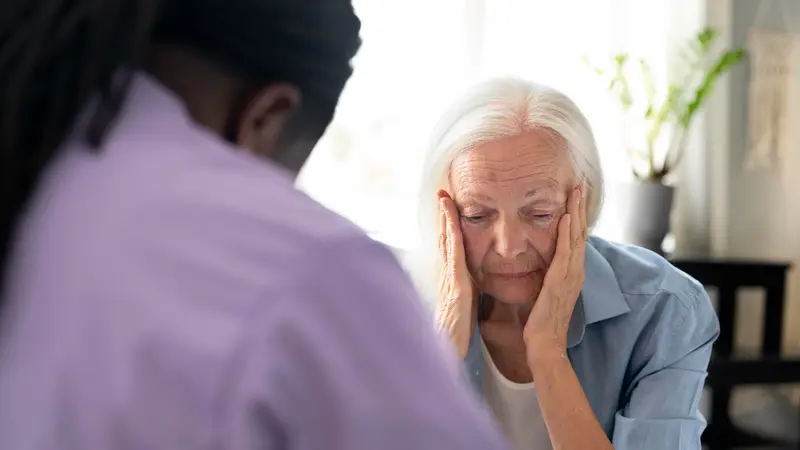Why do some older adults feel embarrassed to talk about their needs or problems?
Stigma can make them feel weak or ashamed, even when they deserve care and support. This silence often stops them from getting the help they need.
Let’s work together to break the stigma and create a kinder space for older adults to start learning and sharing today.
Focusing on Mental Health
Many older adults face challenges with their mental health, but stigma can make it hard for them to ask for help. Feeling judged or misunderstood often leads to isolation and stress. Recognizing these struggles is the first step toward providing support. Families and caregivers can play a key role in helping older adults feel safe and understood.
Creating a positive environment can encourage seniors to speak openly about their feelings. Simple actions like listening, offering companionship, and connecting them with resources can greatly improve their well-being. By taking these steps, we can help foster emotional wellness for seniors and reduce the impact of stigma on their lives.
Offer Resources
Many older adults avoid seeking help because they fear being judged or misunderstood. Providing them with easy access to resources can make a big difference. This includes information about health services, support groups, and counseling options. Knowing where to turn can give them the confidence to ask for help when they need it.
Families, friends, and caregivers can guide seniors toward these resources in a kind and patient way. Even small gestures, like sharing contact info for local programs or community centers, can have a strong impact. Offering support helps reduce stigma and shows older adults that they are not alone.
Social Isolation Risks
Many older adults experience loneliness, which can be worsened by stigma. Feeling judged or misunderstood often makes them avoid social activities. This isolation can affect both their mental and physical health. Connecting with others is important to help them feel included and supported.
Families and caregivers can help by encouraging regular social interaction. Simple steps like phone calls, visits, or community programs can make a big difference. Reducing stigma and fostering connection helps older adults stay happy and healthy.
Building Stronger Connections
Older adults often feel isolated when stigma affects how others see them. Building strong connections can help them feel valued and supported. Spending time together, listening, and showing care can make a big difference. Positive relationships encourage them to share their feelings and ask for help when needed.
Family, friends, and caregivers can take small steps to strengthen bonds. Joining community groups or participating in activities can also help seniors meet new people. Creating these connections reduces loneliness and shows older adults they are not alone.
Use Positive Language
The words we use can have a big impact on how older adults feel about themselves. Using positive language helps them feel respected and valued. Avoiding judgmental or negative terms can reduce feelings of shame or isolation.
Families, friends, and caregivers should focus on encouraging and supportive language. Phrases that show understanding and care can strengthen trust and communication. Speaking positively helps older adults feel confident and reduces the stigma they may face.
Discover All About Stigma in Older Adults
Stigma can make older adults feel invisible, judged, or alone, but it doesn’t have to be this way.
By understanding their experiences and offering support, we can help them feel valued and respected. Every small action, listening, learning, and speaking up can make a big difference.
Did you enjoy reading this article? If so, then be sure to check out the rest of our blog for more!
